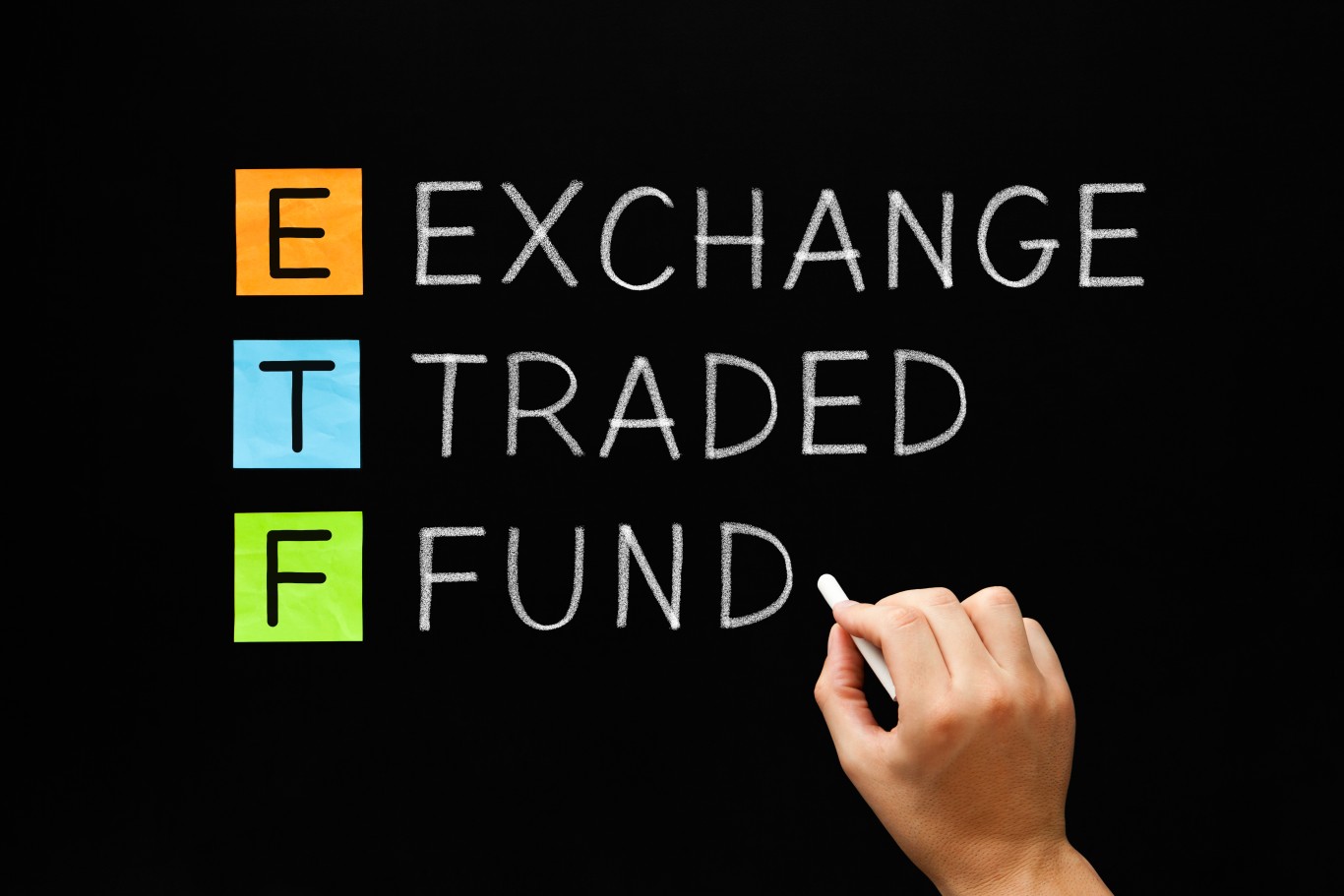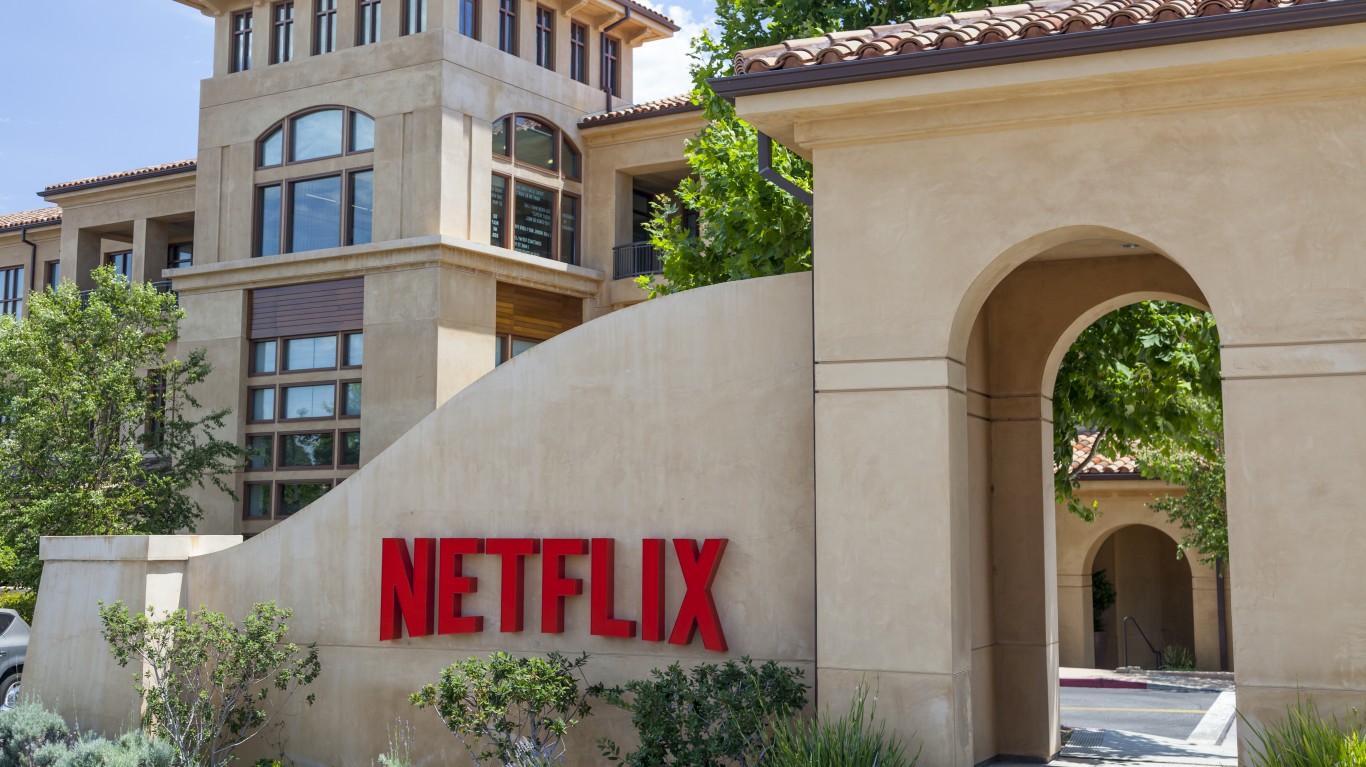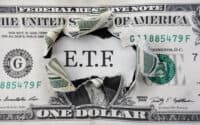
Both the Dow Jones Industrial Average and S&P 500 felt a huge downward push in the first two months of this year, but now they are both back in the black for 2016. Although the markets have made their comeback, some stocks are still slowing that recovery and punishing their shareholders.
We have picked out some companies that punished shareholders last week. While these were not the five biggest absolute losers of the week, among the active stocks, these all issued or had news that pushed shares down. 24/7 Wall St. has included their recent trading history, as well as the 52-week trading range and the consensus analyst price target.
Valeant Pharmaceuticals
Valeant Pharmaceuticals International Inc. (NYSE: VRX) has made the list of companies that punished shareholders for weeks now, and perhaps no single investor is feeling it worse than Bill Ackman.
When the company reported its preliminary fourth-quarter financial results on Tuesday, it said it had $2.50 in earnings per share (EPS) on $2.8 billion in revenue. That compared to consensus estimates from Thomson Reuters of $2.61 in EPS on $2.75 billion in revenue. In terms of guidance for the first quarter, the company expects EPS to be in the range of $1.30 to $1.55 and revenue to total between $2.3 billion and $2.4 billion. The previous guidance given by Valeant predicted that EPS would fall between $2.35 and $2.55 and revenue would be in the range of $2.8 billion to $3.1 billion. The consensus estimates for the first quarter call for $2.63 in EPS on $2.82 billion in revenue.
Over the course of the week, the stock is down 61%. Shares of Valeant fell to a 52-week low of $26.72 on Friday and closed at $26.98. The consensus analyst price target is $85.21, and the 52-week high is $263.81.
Eagle Pharmaceuticals
Early Friday, Eagle Pharmaceuticals Inc. (NASDAQ: EGRX) shares were in free fall after the company announced that it has received a Complete Response Letter from the U.S. Food and Drug Administration (FDA) for its Kangio (bivalirudin injection), 505(b) New Drug Application (NDA) for a ready-to-use (RTU), stable liquid intravenous formulation of bivalirudin intended for use as an anticoagulant in patients.
It is worth noting that the FDA issues Complete Response Letters to communicate that their initial review of an application is complete. At the same time, the FDA cannot approve the application in its present form and requests additional information.
24/7 Wall St. has listed five key FDA decisions expected by the end of March, as well as an additional four more FDA decisions also expected this month.
Over the course of the week, shares of Eagle Pharmaceuticals were down 29%. The stock closed trading at $43.50 on Friday, with a consensus price target of $99.50 and a 52-week range of $36.75 to $104.17.
Aeropostale
When Aeropostale Inc. (NYSE: ARO) released its fiscal fourth-quarter earnings report on Thursday, it said it had a net loss per share of $0.14 and $489 million in revenue. That compared to consensus estimates that called for a net loss of $0.14 per share on revenue of $519.69 million. In the same period of the previous year, the retailer posted earnings per share (EPS) of $0.01 and $593.76 million in revenue.
Comparable sales, including the e-commerce channel, for the fourth quarter decreased 6.7% from the same quarter of fiscal 2014. In terms of first-quarter guidance, the company expects to have a net loss per share in the range of $0.35 to $0.42. Consensus estimates call for a net loss of $0.40 per share on $290.02 million in revenue.
Over the past week, the stock is down 44%. Shares of Aeropostale ended the week at $0.26, within 52-week trading range of $0.16 to $3.64. The consensus price target is $0.76.
Guess
After the markets closed on Wednesday, Guess? Inc. (NYSE: GES) reported its fiscal fourth-quarter financial results. The company said it had $0.57 in earnings per share (EPS) on $658.3 million in revenue, which compared to consensus estimates of $0.58 in EPS on revenue of $654.7 million.
In terms of the outlook for the first quarter, the company expects to have a net loss per share in the range of $0.20 to $0.17 on consolidated net revenues that are expected to decline between 1.5% and 0.5% in constant currency. Currency headwinds are expected to have a negative impact on consolidated revenue growth by roughly 2%, for a net decline between 3.5% and 2.5%. The consensus estimates call for $0.03 in EPS on $465.93 million in revenue.
Last week, the stock fell 17% and closed at $18.73 on Friday. The consensus price target is $19.64. The 52-week range is $16.75 to $23.45.
Heat Biologics
Heat Biologics Inc. (NASDAQ: HTBX) priced a secondary offering of 9.1 million shares of its common stock and warrants to purchase up to an aggregate of 6.825 million shares, at a combined public offering price of $0.75 per share. The gross proceeds from this offering are expected to be roughly $6.8 million. This price for the offering is drastically below the 50-day and 200-day moving averages at $1.81 and $3.98, respectively.
The stock dropped 9% over the past week (and is down over 70% from the week’s high). Year to date, the stock is down 70%. Shares closed Friday at $0.69, with a consensus price target of $12.00 and a 52-week range of $0.64 to $8.65.
Is Your Money Earning the Best Possible Rate? (Sponsor)
Let’s face it: If your money is just sitting in a checking account, you’re losing value every single day. With most checking accounts offering little to no interest, the cash you worked so hard to save is gradually being eroded by inflation.
However, by moving that money into a high-yield savings account, you can put your cash to work, growing steadily with little to no effort on your part. In just a few clicks, you can set up a high-yield savings account and start earning interest immediately.
There are plenty of reputable banks and online platforms that offer competitive rates, and many of them come with zero fees and no minimum balance requirements. Click here to see if you’re earning the best possible rate on your money!
Thank you for reading! Have some feedback for us?
Contact the 24/7 Wall St. editorial team.
 24/7 Wall St.
24/7 Wall St.


